Making Public Inquiries
How Do Two Public Policies Help the City Cash in on Land and Air—and Assign Our Future to Speculative Urbanism Along the Way?
Everywhere we look, intensified land development and worsening housing affordability seem to be the dominant features of our present and future life in the city. In the northern metropolitan region in Taiwan, housing affordability has deteriorated, and fast. In 2002, in Taipei City and New Taipei City, the housing price to household income ratio, a measure of housing affordability, was slightly above six in both cities. By 2020, it had deteriorated to 14.85 for the former and 11.86 for the latter. Meanwhile, between 2012 to 2020, land prices increased 14.28% in Taipei City and 26.52% in New Taipei City, meaning housing affordability has worsened much more. Despite the rising land and housing prices, local authorities have continued to churn up new plans, development zones, and apartment buildings. But they are all more of the same—luxury high-rises whose prices top whatever came before them.
With an eye toward a more socially just urban future, our scholarly and civil engagement work, individually and collectively, has investigated the relationship between planning, public policy, and the politics of land development. This webpage draws from this line of ongoing endeavors and focuses on two public policies—Zonal Expropriation and Density Bonusing. We unpack their technical and regulatory workings and tease out how they shape the relationships between people and land, public and private, present and future, and rich and poor. Our goal is to mobilize public inquiries in order to facilitate a politics of land that is more just and equitable.
An Urban Studies Foundation Knowledge Mobilization grant supported the creation of this webpage as well as three virtual public forums on land and social value on July 30 and 31, 2022.
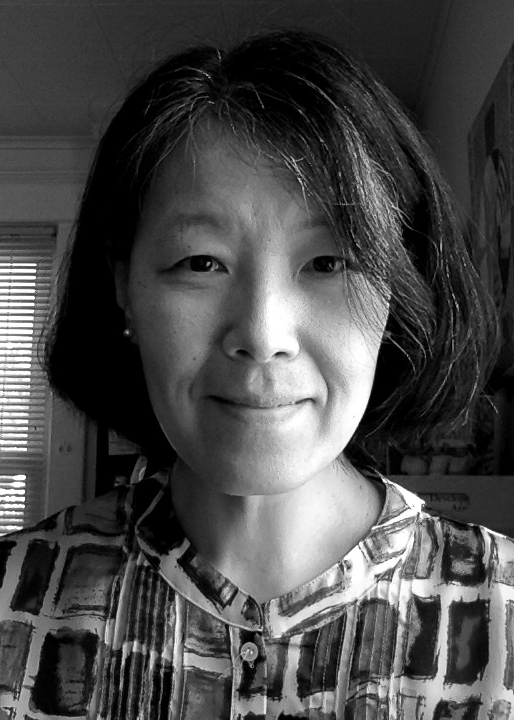
Mi Shih
Mi Shih is associate professor and program director in the Urban Planning and Policy Development Program at Edward J. Bloustein School of Planning and Public Policy, Rutgers University. Her current work has three major areas of focus. First, employing mixed research methods, Mi examines land value capture, land development tools and air rights techniques, the politics of land and value, equitable development, and democratic participation in Taiwan. Second, building on ethnographic fieldwork methods, she investigates Chinese (peri)urbanization, particularly focusing on the role of the state, shifting urban-rural boundaries, displacement, people’s livelihood changes, and social conflicts over land development. Third, with an eye toward a more socially just politics of land development, she has begun efforts to explore how to mobilize public engagement and inquiry with the help of academic scholarship. Her most recent work includes an article on density bonusing tools in a theme issue on “Negotiating Social Futures: The Politics of Land Development and Value” in Environment and Planning A: Economy and Space. She is currently editing a book (with Kathe Newman) of international case studies on land value capture.
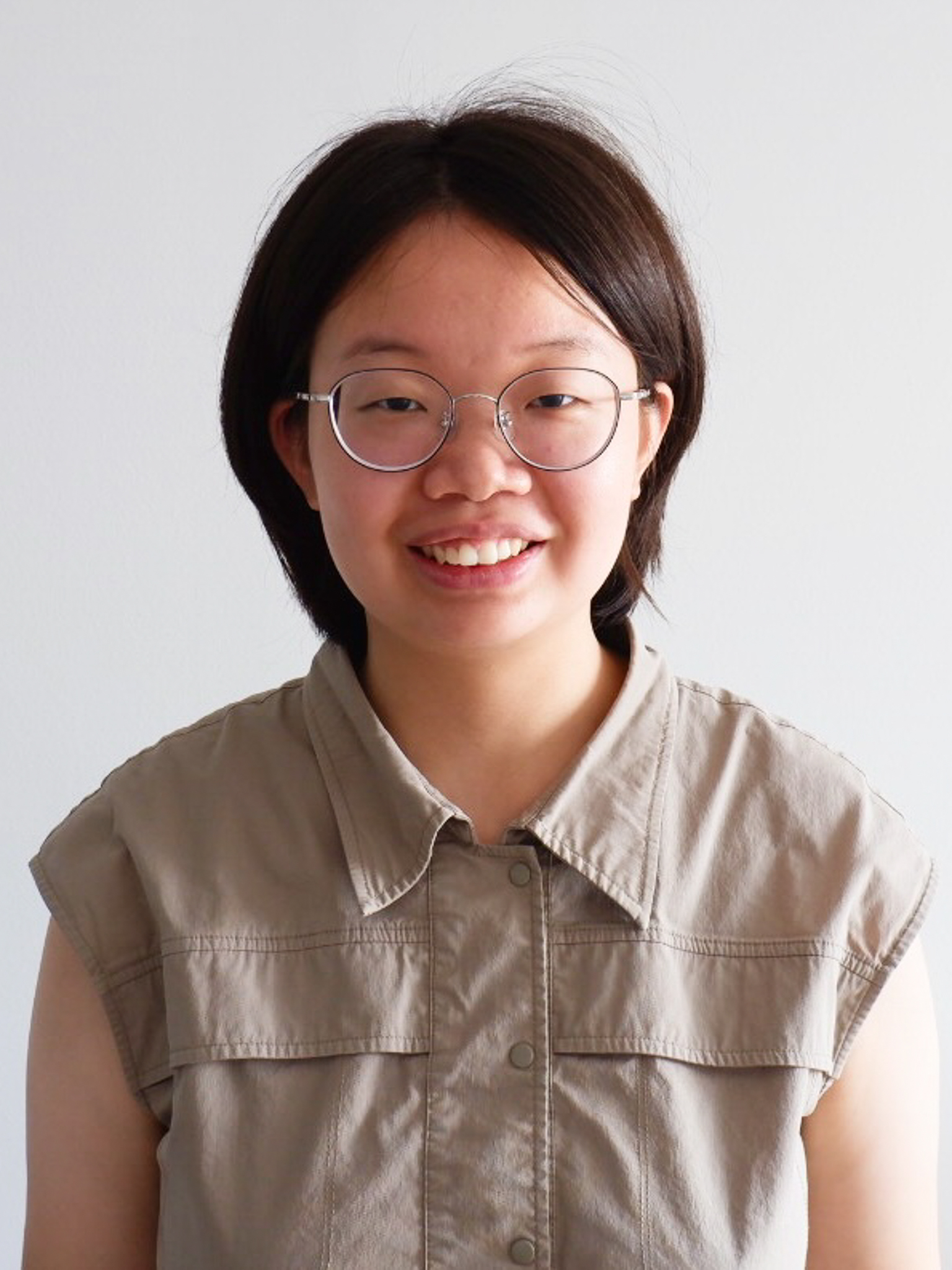
Yu Wang
Yu Wang is a Ph.D. student in the Urban Planning and Policy Development Program at the Edward J. Bloustein School of Planning and Public Policy, Rutgers University. Her research agenda focuses broadly on the impact of public policies on people’s life chances and experiences. She is especially interested in the discourses around migration and the lived experiences of immigrants in the urban context. She received her bachelor’s degree in Urban-Rural Planning from Wuhan University and an M.Sc in Regional Science from Cornell University.
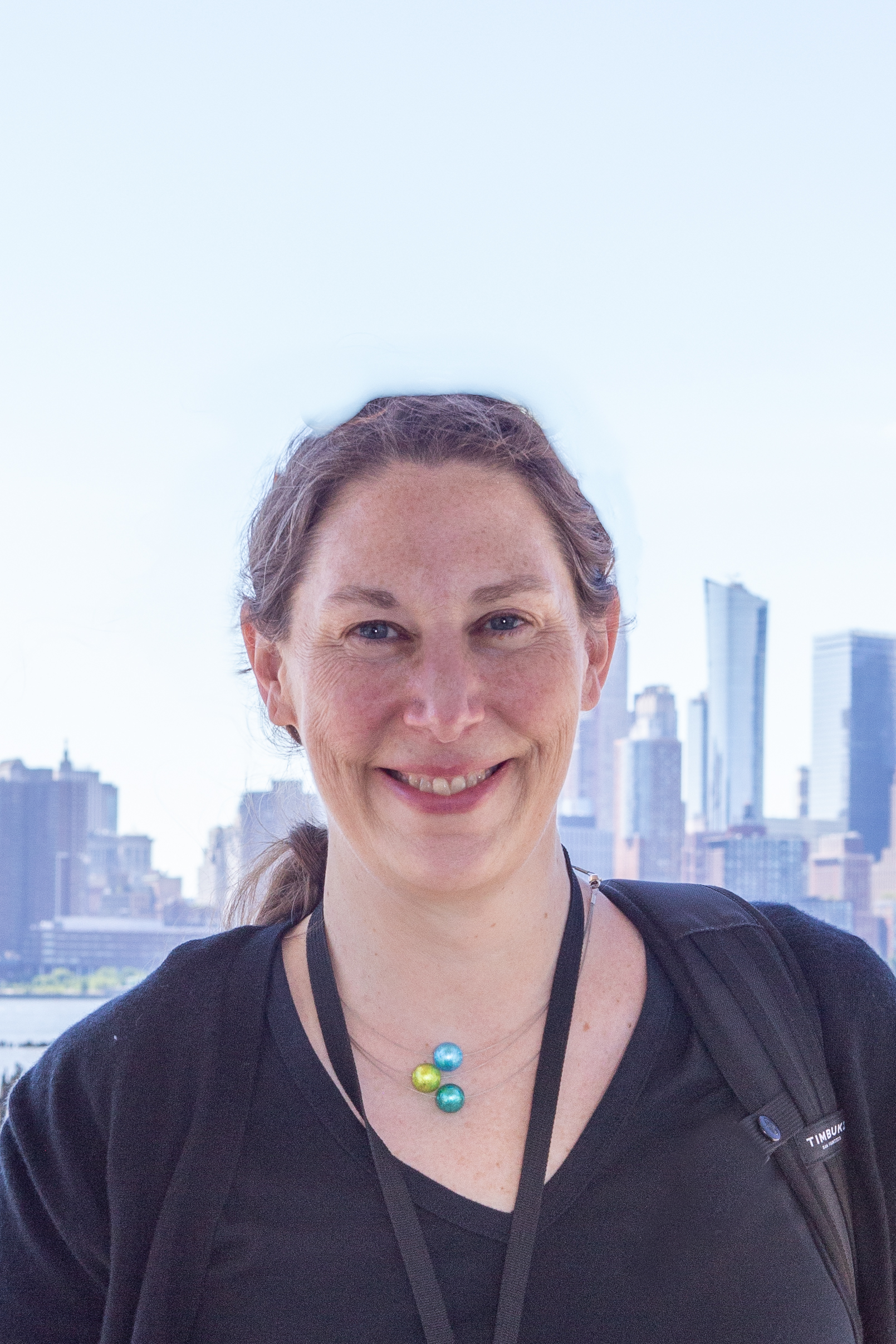
Kathe Newman
Kathe Newman is a Professor in the Urban Planning and Policy Development Program at the Edward J. Bloustein School of Planning and Public Policy and Director of the Ralph W. Voorhees Center for Civic Engagement. Dr. Newman holds a Ph.D. in Political Science from the Graduate School and University Center at the City University of New York. Her research interests include political economy and urban change, community food security and social welfare governance, housing insecurity, urban redevelopment, gentrification, and foreclosure. Dr. Newman has published articles in Urban Studies, International Journal of Urban and Regional Research, Urban Geography, Urban Affairs Review, Urban Geography, Shelterforce, Progress in Human Geography, Housing Studies, GeoJournal, and Environment and Planning A. She is an Associate Editor at Environment and Planning A.
Local Collaborators
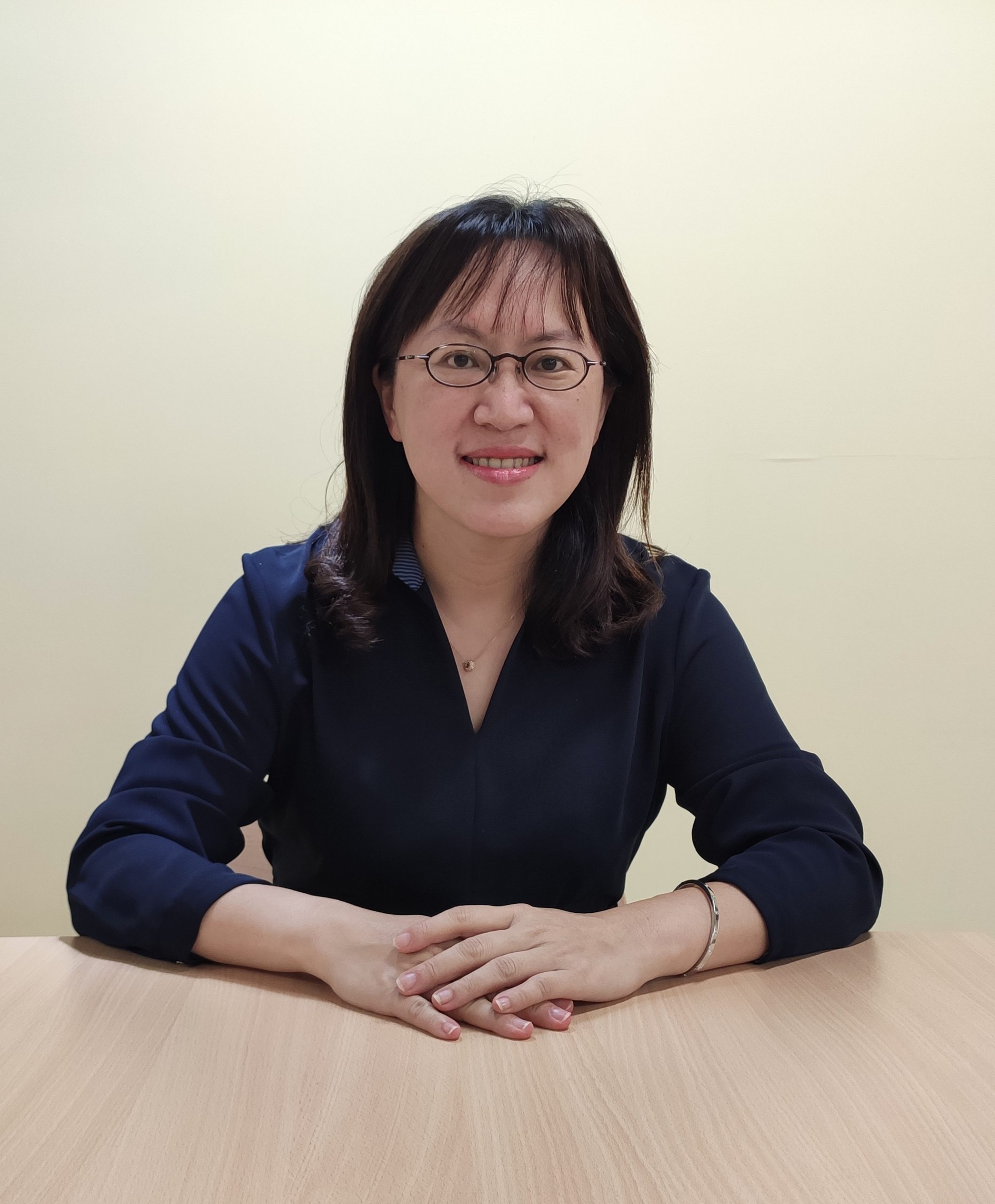
Ying-Hui Chiang
Ying-Hui Chiang is an assistant professor in the Department of Land Economics, National Chengchi University, Taiwan. Her research interests include real estate mass appraisal, housing policy, and real estate market and investment analysis. Ying-Hui’s research focuses on the Taiwan housing market, with a primary emphasis on the policy impact of housing price and advances in residential mass appraisal. She has published peer-reviewed papers in international and Taiwan high-ranking refereed journals including Land Use Policy, International Real Estate Review, Journal of Planning Education and Research, Journal of Property Research, Habitat International, City and Planning, Journal of Housing Studies, and Transportation Planning Journal. She held a grant from the Ministry of Science and Technology in Taiwan in support of the research project “Using Big Data to Examination the Social Housing Policy – the Measure of Affordability and Spatial Inequality.” She is currently the co-principal investigator for the Cathay Real Estate Price Index Project.
OURs is Taiwan’s first non-governmental organization and its missions focus on space policy advocacy and urban environmental transformation. Its core members are professionals in architecture, landscape, urban planning, and public policy. The organization addresses a wide range of issues, including land, housing, urban development, and historical preservation. In particular, the core values of OURs include the use value of space and equity and justice. OURs aims to assist disadvantaged groups in fighting for their rights to fair and reasonable use of urban spaces. Through research, planning practices, and advocacy actions, OURs seeks institutional reforms and feasible solutions as its main operational model.